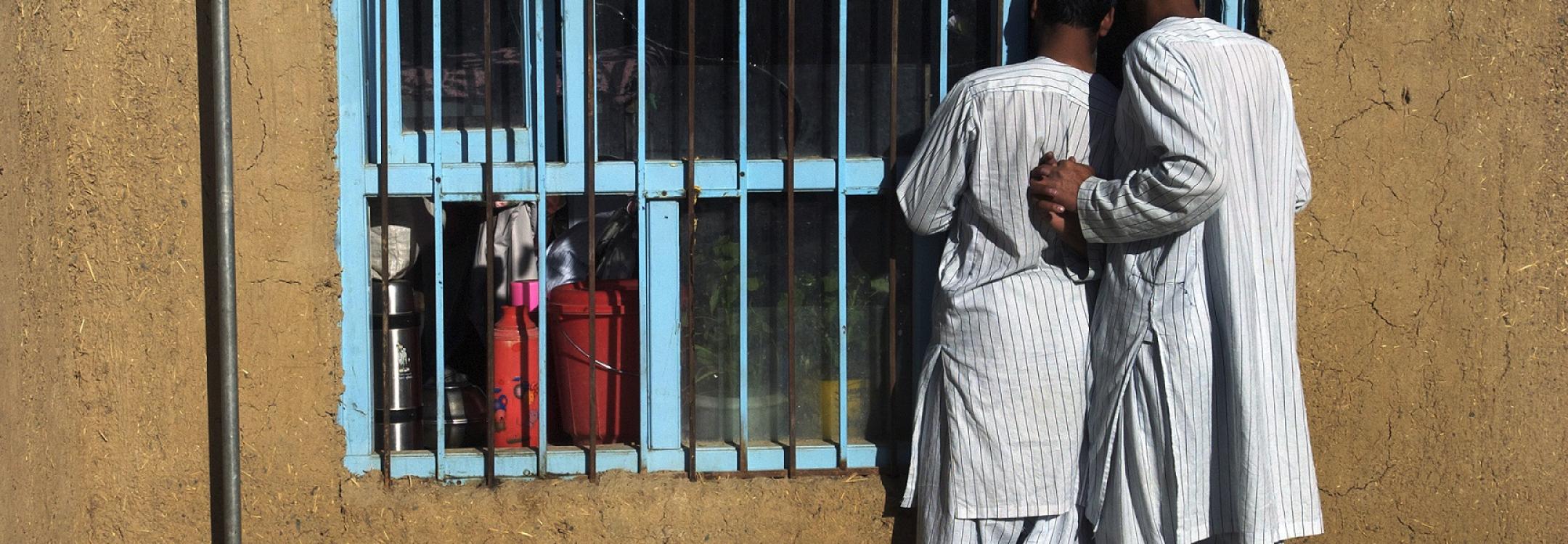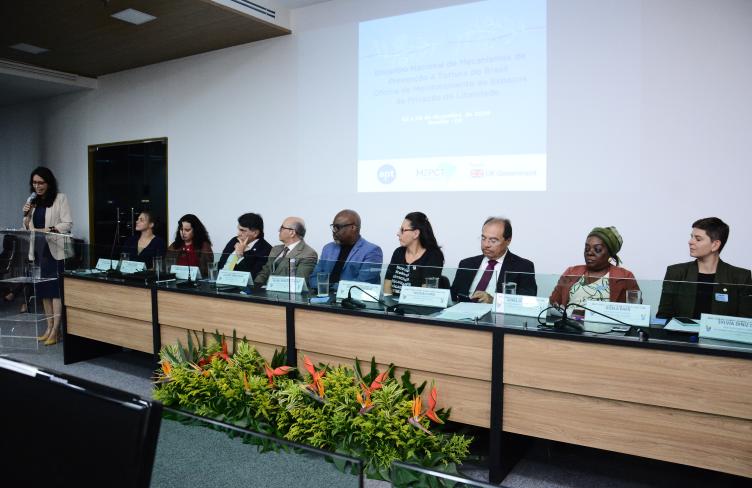
How National Human Rights Institutions (NHRIs) can contribute to torture prevention in the region? This was the focus of the recent South East Asian National Human Rights Institutions Forum (SEANF)’s Annual Meeting, during which SEANF members discussed the feasibility of setting up a working group on the prevention of torture to foster stronger commitment among South East Asian States to ratify and implement the Convention against Torture and its Optional Protocol (OPCAT) effectively.
The proposed working group could also be envisaged as a regional hub to cultivate torture prevention ideas and efforts. “Every NHRI in the region has the needed experiences and skills to prevent torture at the national level; the SEANF would be the appropriate platform for members to combine forces and build regional initiatives together,” explained APT’s Programme Officer for the Asia-Pacific region, Shazeera Zawawi during the panel on NHRIs and Torture Prevention in South East Asia.
SEANF is a regional organisation comprising of six independent NHRIs from Malaysia, Thailand, Indonesia, Myanmar, Philippines and Timor-Leste. Although it was initially established to fast track the creation of an ASEAN human rights mechanism in 2004, the organisation’s aims and functions has evolved over the years, striving towards stronger promotion and protection of human rights in the region. So far, the SEANF has addressed a wide range of issues that includes trafficking in persons, enhancement of human rights education and suppression of terrorism.
Further discussions around the proposed working group will continue in Bangkok next year, as the National Human Rights Commission of Thailand takes over SEANF’s Chairmanship from the Commission on Human Rights of the Philippines.
APT's Asia-Pacific Programme Officer, Shazeera Zawawi (right) during the panel on NHRIs and Torture Prevention in South East Asia, with Raffendi Djamin (left) from the Human Rights Working Group Indonesia and a moderator from the Commission on Human Rights of the Philippines.


